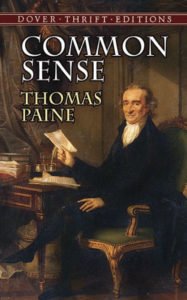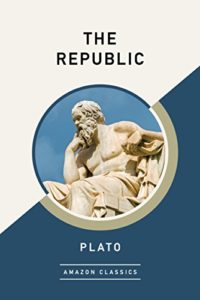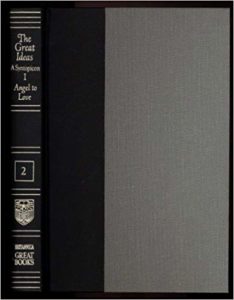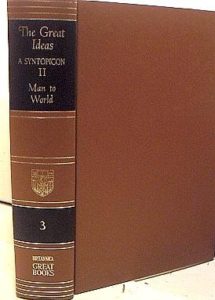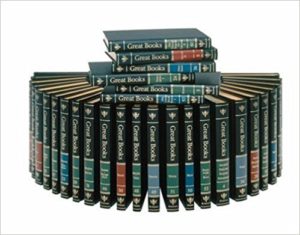Now that you’ve learned about Natural Law in part 1 of this 3-part series, how do you start discerning principles that you can apply to your life, enabling you access the power of Natural Law? The answer: First Principles.
“First principles have been written by the finger of God on the very hearts of men.” ~Thomas Reid
First Principles are the starting point from which all other principles flow. Understanding them gives you the starting point to begin searching for true principles.
In this episode First Principles will come to life as you learn:
- What First Principles are and how to recognize them
- Why principled leadership makes all the difference
- What great minds say about First Principles
- Why it’s crucial we teach our children First Principles
Listener Guide:
Use the time stamps below to skip to any part of the podcast.
1:35 Review of Natural Law
4:12 First Principles 101
5:35 A comparison of the French and Scottish Enlightenments
10:28 Why principled leadership makes all the difference
15:05 Why Thomas Paine named his impactful book “Common Sense.”
22:00 How First Principles are found uniformly in religious doctrines globally
25:00 How to recognize First Principles
Examples of First principles:
- Nothing exists without a cause
- There is a right and wrong
- People should choose right
- People should be held accountable for their choices
- Ideas of fairness
- Law of the harvest
- All people should tell the truth
- Those who have more should help those who have less
- Respect for human life
A few quotes from this episode:
“First principles…have been written by the finger of God on the very hearts of men.” Thomas Reid
“The holy scripture is to me and always will be the constant guide of my ascent, and I will always hearken to it as containing the infallible truth relating to things of highest concernment. And I shall presently condemn or quit any opinion of mine as soon as I am shown it is contrary to any revelation in the scripture.” ~John Locke
“Great events in history are determined by all kinds of factors, but the most important single one is always the quality of the people in charge, and never was this principle more convincingly demonstrated than in the struggle for American independence.” ~Paul Johnson
“A huge part of what we’re about is becoming certain types of women and certain types of mothers, so we can pass on certain knowledge and insights to our children…Our leadership in our homes makes all the difference because then we raise the leaders for tomorrow, and when they’re principle centered like our founding generation was, it makes all the difference to the future.” ~Audrey Rindlisbacher
“And shall we just carelessly allow children to hear any casual tales which may be devised by casual persons, and to receive into their minds ideas for the most part the very opposite of those which we should wish them to have when they are grown up?” ~Plato
“[First Principles] come as a package from God, and to me, they are a huge testament,…faith builder of the reality of God and of the reality of his all-powerful, all-knowing way of being, and…once you say there’s a God, and once you say there’s first principles, then you can just get busy discovering…and living [principles]…That’s what’s so empowering about it.” ~Audrey Rindlisbacher
“Of first principles, we see some by induction, some by perception, and some by habituation. Anyone who is to listen intelligently to lecturers about what is noble and just,..must have been brought up in good habits, for the fact is the starting point, he will not at the start need reason as well, for a man who has been well brought up, has or can easily get the starting points.” ~Aristotle
“If we give our kids and ourselves that starting point of natural law and those key first principles, then they should be able to discern the other first principles and find the principles in their lives that will lead them to greater liberty.” ~Audrey Rindlisbacher
“It’s not available many places..and it’s information that’s ultimately so critical because it builds faith. It helps us to understand key ideas and concepts that were clear to past generations and have been lost today and need be restored in order for our thinking to be clear and in order our path to be clear and generate increasing freedom in the future.” ~Audrey Rindlisbacher
Links from this episode:
The Great Books of the Western World by Mortimer Adler
The Great Ideas: A Syntopicon of Great Books of the Western World, Vol. 1 by Mortimer Adler
The Great Ideas: A Syntopicon of Great Books of the Western World, Vol. 2 by Mortimer Adler
Common Sense by Thomas Paine

